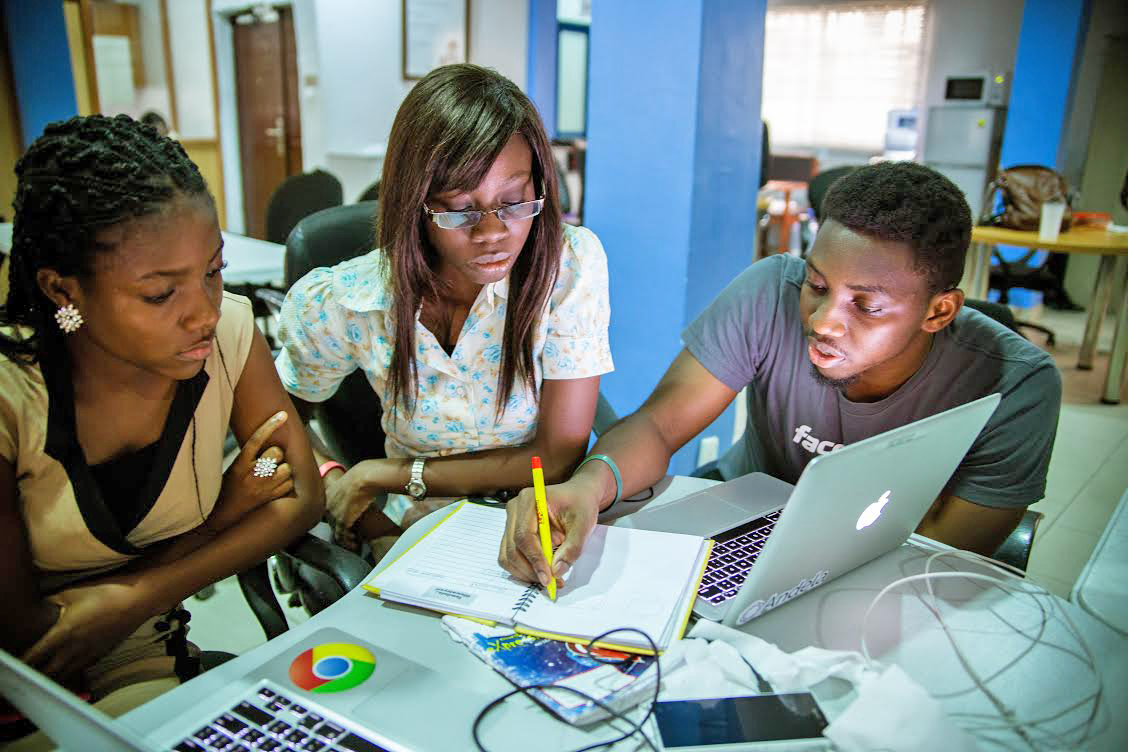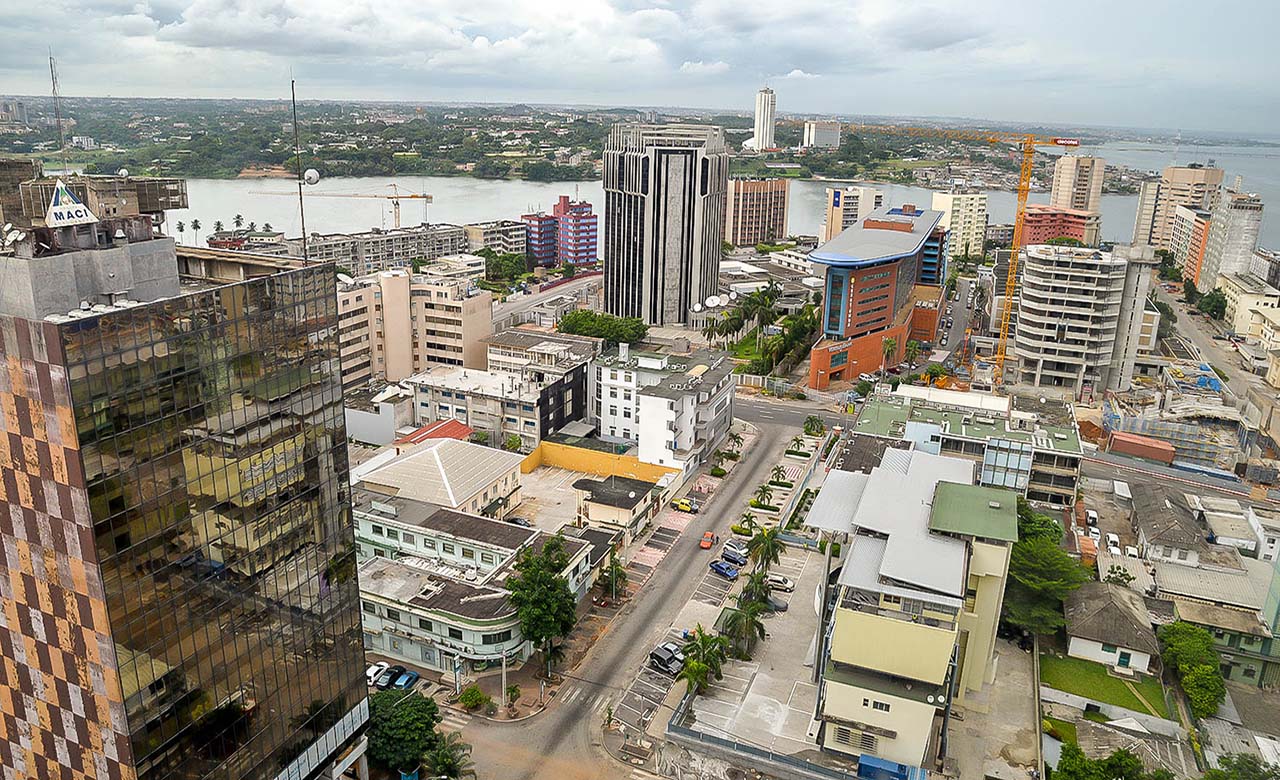Prime
Advancing the market development of clean cooking solutions

Imanuel Muro (middle), CookFund programme manager, checks in on the progress of CookFund grant recipient Doreen Enterprise, a Liquified Petroleum Gas super dealer in Ubungo, Dar es Salaam, and examines their records of service delivery forms for new end-users. PHOTO | COURTESY
What you need to know:
- From logging to transport, millions of Tanzanians count on the continued usage and trade of traditional sources of energy such as charcoal for their daily bread.
By Imanuel Muro
A common sight in the city of Dar es Salaam at bus terminals and alongside pavements are women preparing hot chapatis and mandazi on charcoal burners, for commuters on their way to work and during lunch breaks.
Wood charcoal is the energy of choice for most households and small enterprises in the bustling city of Dar es salaam. Across the country, the wood charcoal trade is a substantial source of revenue for producers, transporters, wholesalers, retailers down to local government and villages.
From logging to transport, millions of Tanzanians count on the continued usage and trade of traditional sources of energy such as charcoal for their daily bread.
This industry, however, has several drawbacks which requires unique lenses to determine its usefulness without total condemnation. The environmental impact of forest degradation and deforestation as well as the health complications from emitted smoke are some of the darker sides of the trade.
Drawing from cash outflows, wood charcoal appears to be accessible and affordable as it can be purchased in small quantities and does not require large upfront cost. On aggregation however, it is relatively expensive when compared with other forms of clean cooking solutions.
To address the issue of clean cooking solutions, a market must be developed and formalised. This is no easy task and requires a holistic approach. The current state of the market is such that both providers and consumers face numerous difficulties, the most significant being availability. This has significantly hindered the growth of a clean cooking energy market.
The market development of clean cooking solutions is complex, consisting of factors such as ensuring an adequate energy mix, storage, infrastructure development, change of policies and long-lasting awareness campaigns to change mind sets and ill-conceived cultural barriers.
The best way to improve the market is to create and develop it. The CookFund programme seeks to meaningfully address the challenges of the clean cooking market by strengthening the capability of companies and enterprises to provide solutions. This programme is the first of its kind in Africa. The 17-million euro backing by the European Union (EU) begins the process of bridging the gap between Tanzanian enterprises, companies, and end-users across five targeted urban regions of Mwanza, Dodoma, Dar es Salaam, Morogoro and Pwani.
The push will empower companies and energy suppliers to benefit from the market gains while also ensuring sustainable and safe and clean energy consumption. Through offering grants to private sector actors along the value chain, the programme aims to create a diversified clean-cooking energy market.
As the fund manager and implementer of the CookFund programme, UNCDF manages the grants offered to clean cooking energy companies and enterprises. This support from the European Union is a testament to the potential of a robust, diversified market to provide solutions for urban populations and the country at large.
Investing in local companies improves the capacities of small to medium sized enterprises (SMEs) which currently contribute about one-third of the country's Gross Domestic Product (GDP) and offer up to 40 percent of total employment. Developing a market thus has implications for human development and revenue for SMEs and the economy at large.
The programme’s aim to increase accessibility to much-needed clean solutions is in line with the government’s national priorities of 80 percent adoption of clean cooking energy by 2033. A year into the implementation of the programme, 32 enterprises and companies have received the first instalment of their grants and continue to add thousands of urban Tanzanian households to their distribution networks. The environmental effects of the programme are also significant: about 23,000 hectares of forest trees will be saved, and 185,000 tonnes of charcoal will be avoided.
Advancing the clean cooking energy market will undoubtedly change the lives of urban populations, environments, industries, and the economy. The development of this market will positively alter how energy is consumed in millions of urban households and businesses. The vision is that in the future, the hot chapatis we buy will be cooked on a safe, efficient, and clean energy burners. A win for all.
Imanuel Muro Is the CookFund programme manager and senior finance specialist at the United Nations Capita Development Fund (UNCDF)


